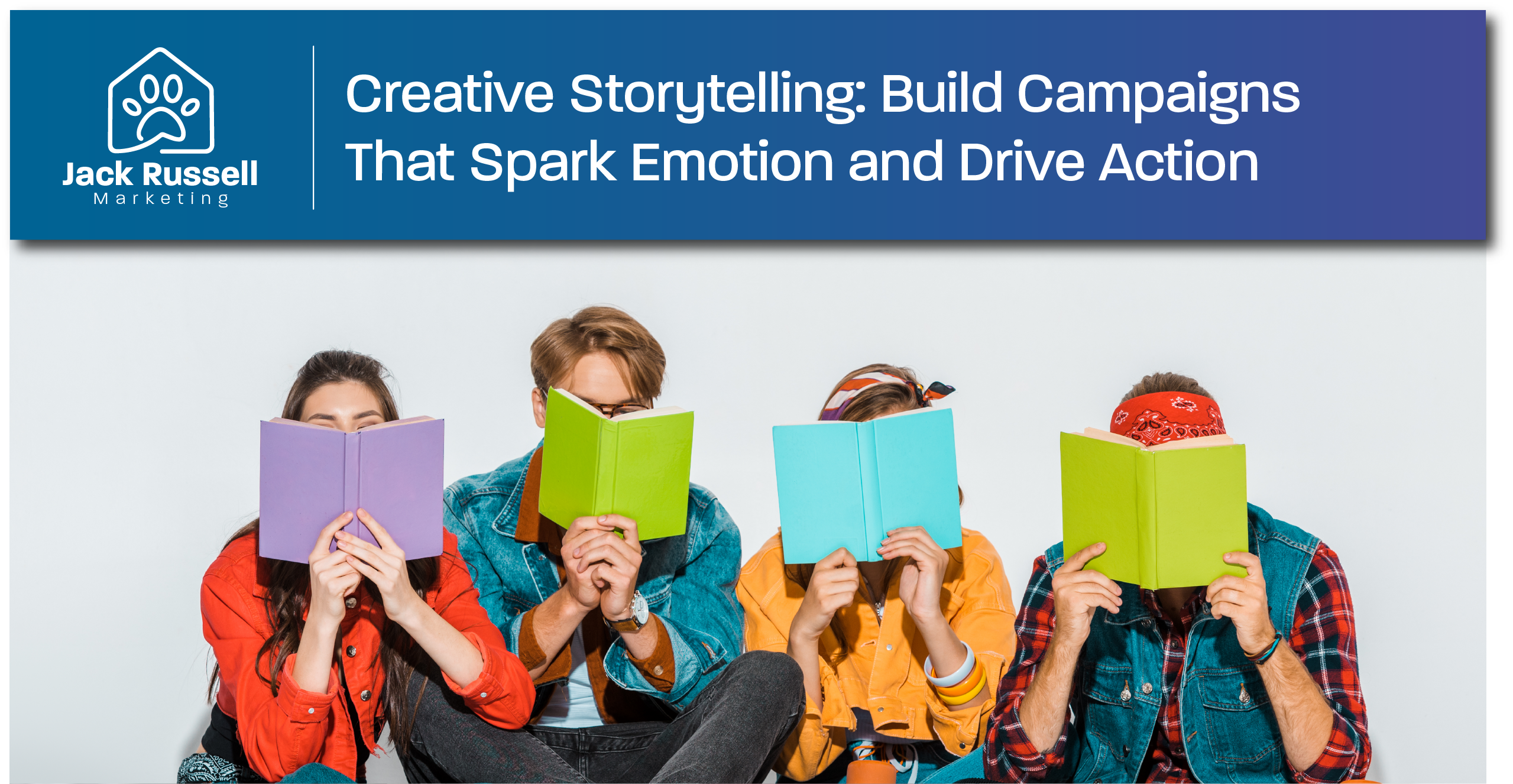Balancing Act: Navigating Corporate Branding in a Polarized World

“In a marketplace screaming with competition, the essence of successful branding is clarity and consistency.”
This quote encapsulates the challenge corporate brands face in today’s cluttered environment. Corporate branding is not just about logos and slogans; it’s about imbuing every interaction with the brand’s core values and promise. The Bud Light and Dylan Mulvaney controversy starkly illustrates what happens when societal expectations clash with a brand’s actions.
Corporate branding transcends the mere promotion of individual products or services; it’s about elevating the brand name of the entire corporation. The aim is to carve out a distinctive and impactful presence in the marketplace that not only draws in customers but also fosters their loyalty. The emphasis on inclusivity and diversity in branding strategies marks a contemporary shift, mirroring the societal push towards greater corporate social responsibility.
“A brand is not merely a product; it represents the sum of all interactions one has with a company.”
Case Study: Bud Light and Dylan Mulvaney
In April 2023, Bud Light’s collaboration with Dylan Mulvaney, a transgender influencer, sparked widespread controversy. Intended as a celebration of inclusivity, the partnership instead cast a spotlight on the deep cultural divides, triggering significant backlash from conservative factions while prompting boycotts and counter-actions from the LGBT community. This section explores the details of the partnership, the ensuing backlash, and the diverse reactions it provoked.
The backlash against Bud Light underscores the principles of Stakeholder Theory in marketing, which posits that companies should consider the interests of all stakeholders, not solely those of shareholders. The controversy exposed a misjudgment in Bud Light’s understanding of its stakeholders, resulting in a polarized reaction.
“Don’t find customers for your products, find products for your customers.”
Despite its good intentions, Bud Light’s initiative did not align with the expectations of a significant portion of its customer base, illustrating a crucial lesson in brand and audience alignment.
The Aftermath: Navigating the Waters of Public Opinion
The financial repercussions for Anheuser-Busch were immediate, with a noticeable dip in Bud Light sales. However, the controversy also underscored the broader cultural and political tensions surrounding transgender rights and corporate social responsibility. This part will explore the financial impact, Anheuser-Busch’s response, and the implications for corporate branding in a polarized environment.
The aftermath of the Bud Light and Dylan Mulvaney partnership is a textbook case of crisis communication. Timely, transparent, and empathetic communication is critical in managing a brand crisis. Anheuser-Busch’s efforts to navigate the controversy aimed to find that benefit by attempting to unify rather than divide.
Lessons Learned and Moving Forward
The Bud Light incident underscores a vital lesson for brands navigating the intersection of social issues and corporate identity. This segment explores the imperative of harmonizing brand narratives with societal values, alongside offering strategies for companies to address public critique while upholding their brand integrity and supporting their advocacies.
This incident underlines the indispensable role of Corporate Social Responsibility (CSR) in contemporary branding. CSR efforts must be authentic, reflecting the brand’s core values and meeting audience expectations. Echoing Howard Schultz of Starbucks, “The companies that are enduring are those that are genuine.” The takeaway for brands is unequivocal: engage with social issues with authenticity, ensuring a coherent alignment between brand ethos and consumer anticipations.
Conclusion
The Bud Light case study serves as a poignant reminder that in the era of social media and global activism, brands face the dual challenge of staying true to their identity while engaging responsibly with societal issues. The path forward requires a delicate balance, thoughtful strategy, and an unwavering commitment to authenticity and inclusivity.
By weaving these marketing concepts and quotes into the blog, the narrative not only tells the story of Bud Light and Dylan Mulvaney but also provides valuable lessons and insights into the complexities of corporate branding in the modern world.
Recent Publications

Creative Storytelling: Build Campaigns That Spark Emotion and Drive Action
Unforgettable marketing campaigns start with great storytelling. Learn how to structure campaigns that connect emotionally, engage deeply, and inspire your audience to act.
Unlock the Power of ROI Tracking: RevOps Teams, This Is Your Secret Weapon
ROI tracking isn’t just about numbers—it’s the key to aligning RevOps teams, optimizing processes, and driving smarter, data-backed decisions that deliver real results.

Top Product Traffic Analytics Tools: Solve Daily Challenges and Unlock Hidden Potential
Stop guessing and start knowing. Learn how the best product traffic analytics tools solve daily challenges and help you build smarter, user-focused products.
